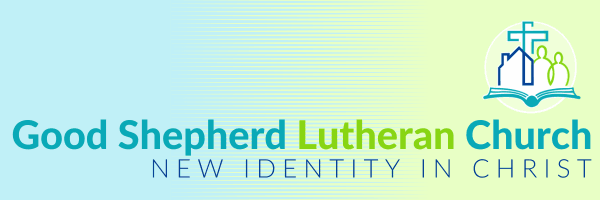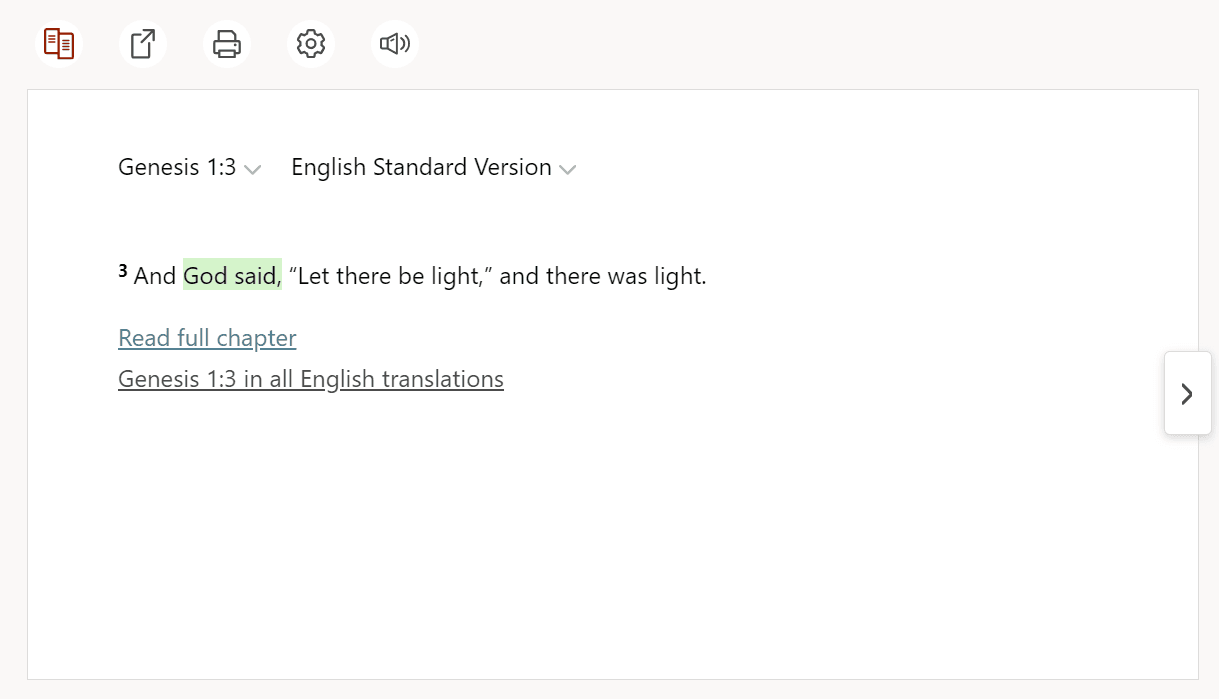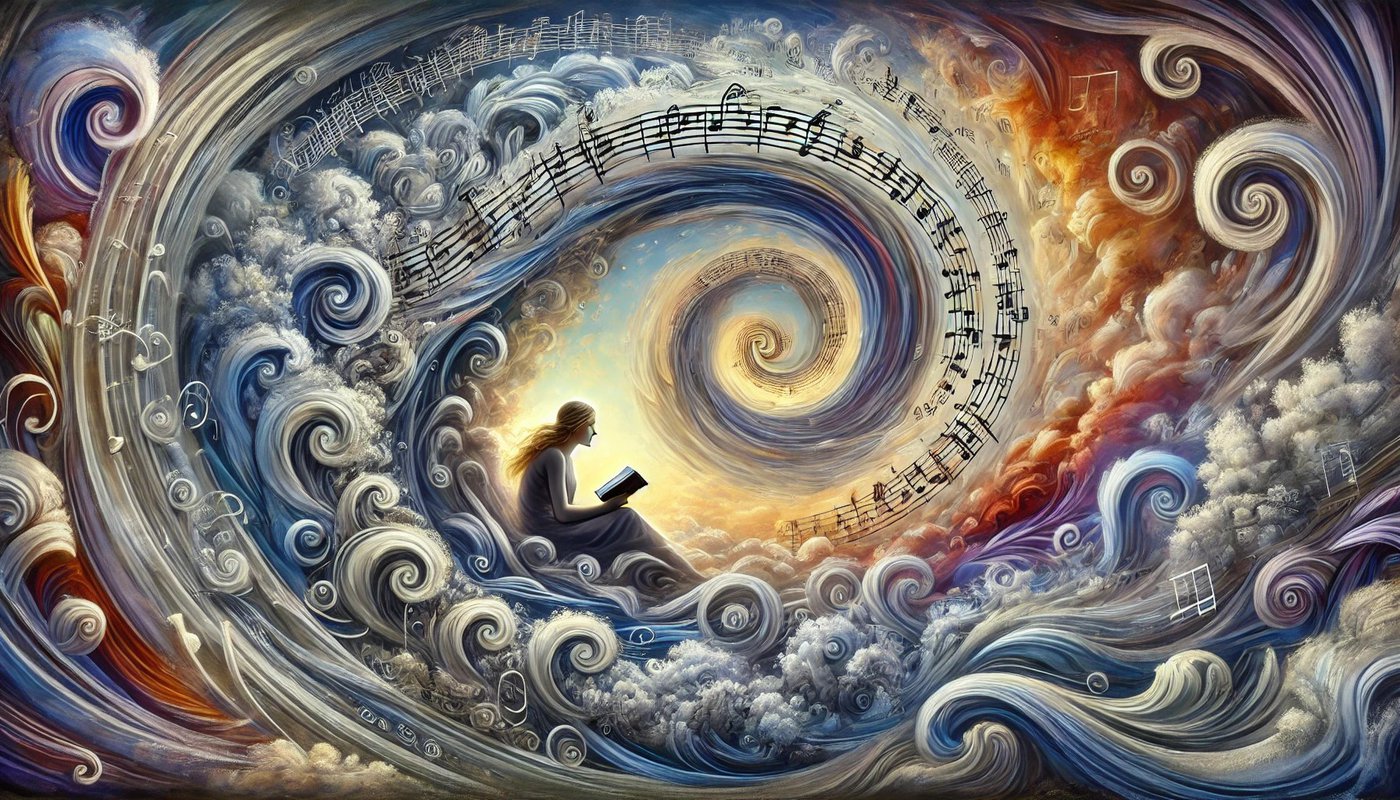
Opera is Dead?
 img:biblegateway.com
img:biblegateway.comAccording to the statistics, you are not a huge fan of Opera music.
Washington Post reporter Christopher Ingraham, quoting 2014 statistics, wrote, “Opera is officially dead. Or maybe not completely dead, but at best ekeing out a zombie-like existence in a state of undeath.”
-https://www.washingtonpost.com/news/wonk/wp/2014/10/31/opera-is-dead-in-one-chart/
Hopefully a few of you do still listen to Opera. And if you do, you are likely familiar with the opening measures of Richard Wagner’s “Tristan und Isolde”.
The orchestra begins with nobody singing. There are no words to guide the listener towards a particular meaning.
Just notes.
And these particular notes are famously ambiguous.
The Tristan Chord
A musical “chord” happens when multiple notes are played simultaneously.
You might sometimes refer to this as “harmony”, though that word only applies when the combination of notes creates the sense that they “work together”.
When those notes sound like they are in conflict with one another, instead of calling it “harmony”, we call that “dissonance”.
The musical chords at the beginning of Tristan und Isolde have become famous precisely because they are dissonant.
When human beings hear dissonant chords, our minds tend to want to hear them “resolve” that dissonance by moving towards harmony.
Wagner intentionally avoids resolving his “Tristan Chord”, even repeating it several times, teasing the listener with a “half cadence” but never fully resolving into harmony.
Ambiguity
What Wagner did in his Opera was strange and beautiful in a way that grabs everyone’s attention.
People have been arguing about the meaning of Wagner’s Tristan Chord for 150 years.
Some say that the unresolved music suggests the unresolveable longings of the human will.
Some say that the Tristan Chord is hinting at repressed sexual desire.
There are theories suggesting that Wagner was saying that true love can only ever be fully experienced after death.
And because there are no words to accompany that Chord, we will never know the meaning Wagner intended.
If you want to communicate anything with clarity, words are necessary.
Think about that for a second.
There are many ways to express many things, and wordless expressions such as music and art can convey emotions in powerful ways.
However, the only way I can be sure that you and I completely understand one another is to use words.
Francis Schaeffer, in “He Is There, And He Is Not Silent”, wrote the following:
“...what marks man as man is verbalization. We communicate propositional communication to each other in spoken or written form in language. Indeed, it is deeper than this because the way we think inside of our own heads is language. We can have other things inside our heads besides language, but it always must be linked to language.”
If Richard Wagner ever wanted anyone to know what he was thinking when he composed a series of unresolved chords at the start of his opera, he would have to use words.
There is no other way.
Once words are used and meaning is expressed and it is heard and understood by people, a “community” is formed.
Every community is organized at least in part by a particular set of words, and if it is a community in harmony, they likely have a similar understanding about the significance of those words.

God uses Words
There are all kinds of communities which have been formed by shared meaning through verbalization.
There are political, social, scientific, artistic, and religious communities, to name a few.
Each of those communities shares a particular “doctrine” - a pattern of words that explains something.
Over time, those doctrines are honed by one editor after another. They are revised and updated constantly, because all of those communities are formed by human language.
But now we come to the main point.
God does not need an editor.
God’s Word is never revised, never updated, never changes.
And more than any human words, God’s Word has power.
God spoke words (in human language!) and the universe was created.
The longer you think about that, the more interested you ought to become about letting God speak words into your life.
God’s Word
The Holy Bible is God’s Word.
Yes, that is an article of faith. But let’s say it’s true.
What kind of power might you unleash into your life if you would open yourself up to listening?
One thing that has always happened as long as God has given people His Word: those who listen are formed into a community.
This is not a political, social, scientific, or even religious community.
It is a community that contains politicians, sociologists, scientists, and religious people. That’s true.
But none of those labels define the community formed by God’s Word.
God’s Word creates a community of the redeemed. And everyone's invited because God’s Word is for all people.
God’s Word creates faith in people who have a hard time believing.
God’s Word creates a future that is impossible any other way.
God’s Word is power.
Unlike the ambiguity of Wagner’s Tristan und Isolde, God’s Word is crystal clear about all of the essentials.
The Bible helps us understand conflict, suffering, and death.
The Bible helps us discover joy, beauty, and hope.
The Bible comes into a world full of dissonance and resolves it.
Make yourself a promise: “I will begin reading my Bible every morning for the next 3 months.”
Start small. Just read a few lines from the Psalms or Proverbs. Then chew on it all day long.
You’ll be surprised by what gets unleashed in the life of a believer when he or she accesses the unmatched power of God’s Word.
If at any time you’d like some help with this, I volunteer.
Closing Prayer
Dear heavenly Father, create in me a strong desire to listen to your voice in your revealed Word. Help me to read it, mark it, learn it, and inwardly digest it, so that by the comforts and wisdom I find there, I might be transformed into exactly the person you designed me to be. Amen.



